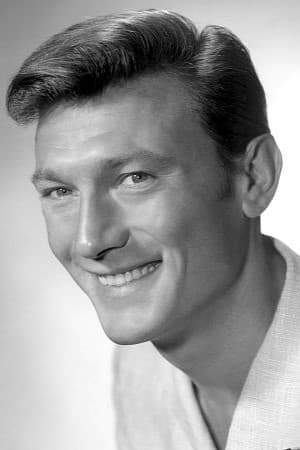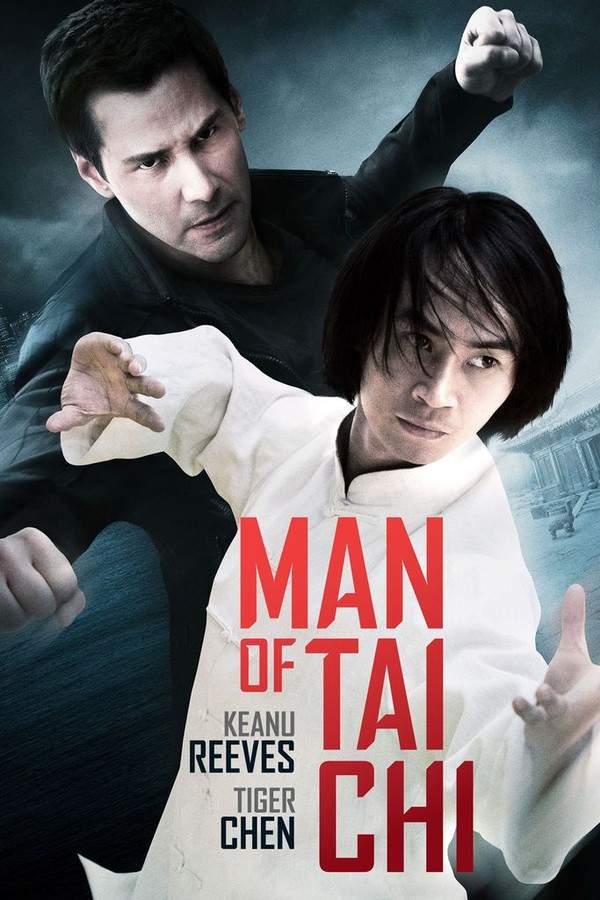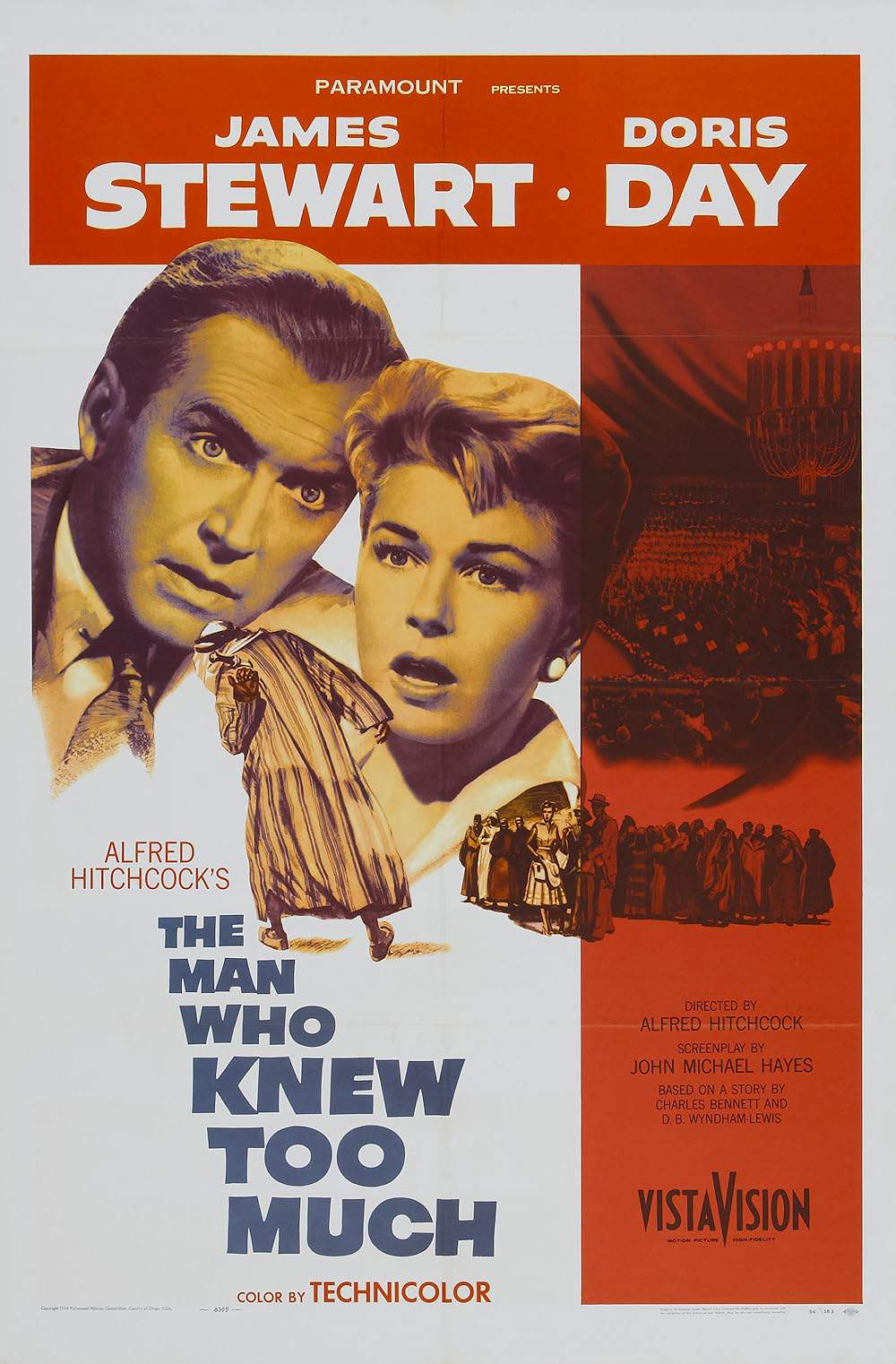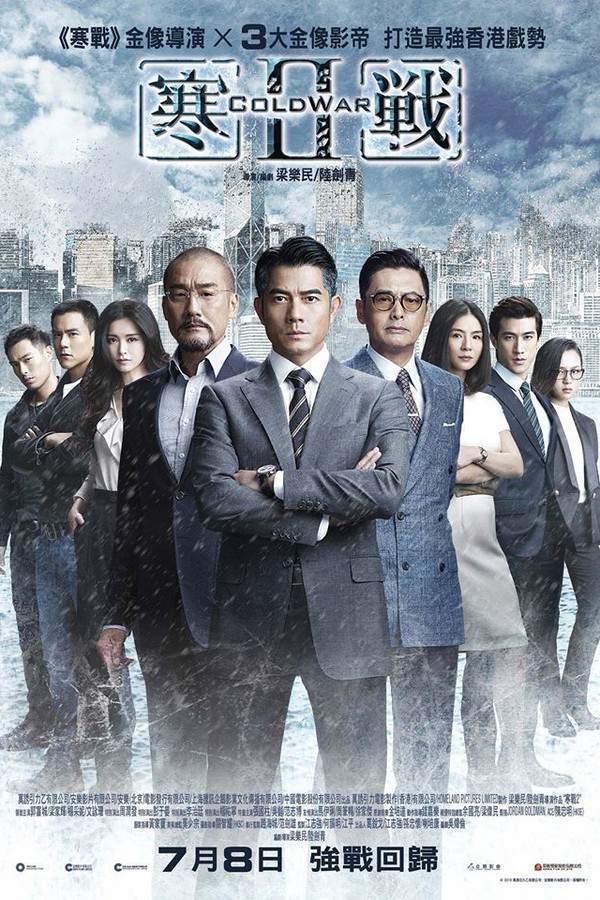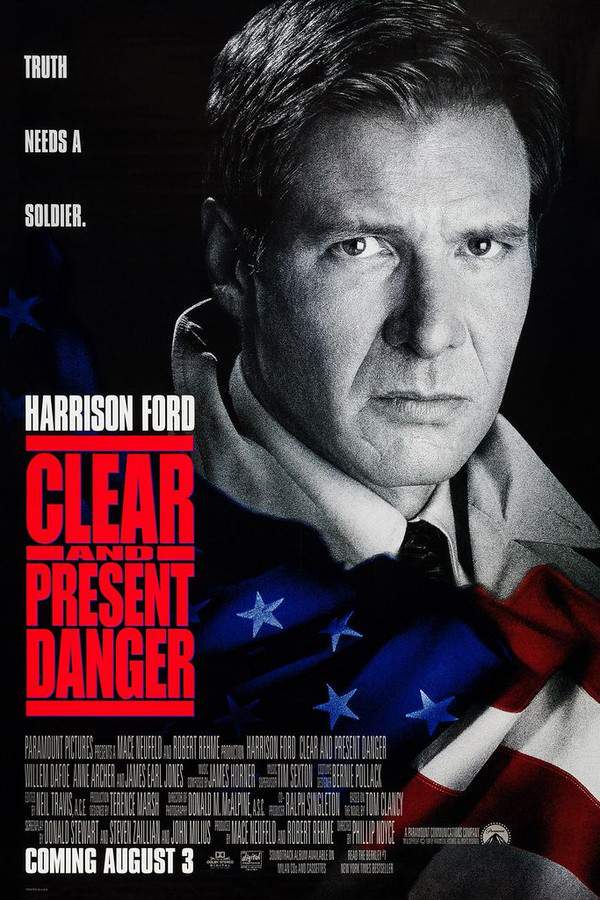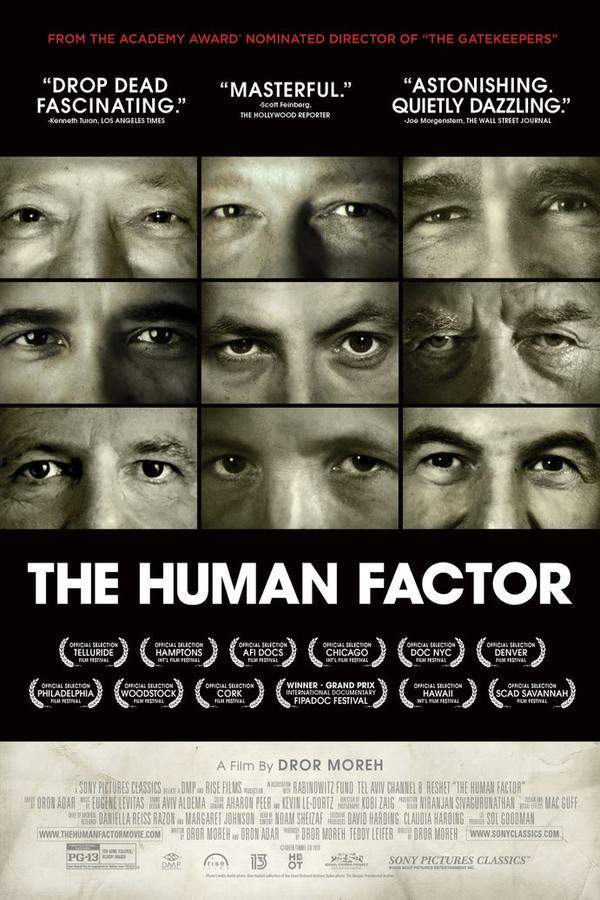The Manchurian Candidate 1962

Following the Korean War, a returning platoon is celebrated as heroes, but harbors dark secrets planted by communist forces. Sergeant Raymond Shaw, a decorated soldier, and Captain Bennett Marco, a troubled veteran, find themselves caught in a web of manipulation and paranoia. As they uncover a sinister plot, they must confront a desperate fight against powerful forces and a looming threat to national security, battling to expose the truth before it’s too late.
Does The Manchurian Candidate have end credit scenes?
No!
The Manchurian Candidate does not have end credit scenes. You can leave when the credits roll.
Meet the Full Cast and Actors of The Manchurian Candidate
Explore the complete cast of The Manchurian Candidate, including both lead and supporting actors. Learn who plays each character, discover their past roles and achievements, and find out what makes this ensemble cast stand out in the world of film and television.
External Links and Streaming Options
Discover where to watch The Manchurian Candidate online, including streaming platforms, rental options, and official sources. Compare reviews, ratings, and in-depth movie information across sites like IMDb, TMDb, Wikipedia or Rotten Tomatoes.
Ratings and Reviews for The Manchurian Candidate
See how The Manchurian Candidate is rated across major platforms like IMDb, Metacritic, and TMDb. Compare audience scores and critic reviews to understand where The Manchurian Candidate stands among top-rated movies in its genre.

94
Metascore
7.9
User Score

75
%
User Score
Take the Ultimate The Manchurian Candidate Movie Quiz
Challenge your knowledge of The Manchurian Candidate with this fun and interactive movie quiz. Test yourself on key plot points, iconic characters, hidden details, and memorable moments to see how well you really know the film.
The Manchurian Candidate Quiz: Test your knowledge on the classic political thriller, The Manchurian Candidate.
What year does the Korean War take place in the movie?
1950
1952
1954
1956
Show hint
Awards & Nominations for The Manchurian Candidate
Discover all the awards and nominations received by The Manchurian Candidate, from Oscars to film festival honors. Learn how The Manchurian Candidate and its cast and crew have been recognized by critics and the industry alike.
35th Academy Awards 1963
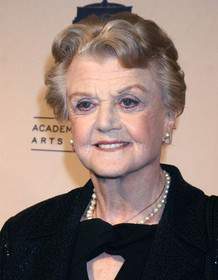
Film Editing
16th British Academy Film Awards 1963
Best Film
15th Directors Guild of America Awards 1963

20th Golden Globe Awards 1963


Best Supporting Performance in a Motion Picture – Drama, Comedy or Musical (Supporting Actress)
Angela LansburyFull Plot Summary and Ending Explained for The Manchurian Candidate
Read the complete plot summary of The Manchurian Candidate, including all major events, twists, and the full ending explained in detail. Explore key characters, themes, hidden meanings, and everything you need to understand the story from beginning to end.
In the dramatic backdrop of the Korean War in 1952, an American platoon finds themselves captured by Soviet forces and subsequently taken to Manchuria, located in Communist China. Once the conflict concludes, these soldiers return to the United States, and Staff Sergeant Raymond Shaw, played by Laurence Harvey, is heralded as a hero, credited for saving the lives of his comrades in battle. Following a commendation from their platoon’s commander, Captain Bennett Marco, portrayed by Frank Sinatra, Shaw is awarded the prestigious Medal of Honor for his alleged heroic deeds. When asked about Shaw, Marco and the other soldiers instinctively proclaim, > “Raymond Shaw is the kindest, bravest, warmest, most wonderful human being I’ve ever known in my life.” Yet, lurking beneath the surface is a profound sense of unease—Marco concedes, “It isn’t as if Raymond is hard to like. He’s impossible to like!”
Having advanced to the rank of Major, Marco grapples with the torment of recurring nightmares that haunt him. These vivid dreams feature a hypnotized Shaw, who gruesomely murders fellow soldiers under the chilling gaze of prominent military officials from communist countries. The nightmarish scenarios stem from a sinister brainwashing experiment, where Shaw and his platoon are conditioned to believe their captors in the Korean military are harmless, aging American ladies from a local garden club. Driven by a desire to uncover the truth, Marco seeks assistance but is met with resistance from Army Intelligence due to a lack of tangible evidence. However, he soon discovers that another soldier from his unit, Allen Melvin (played by James Edwards), shares his haunting visions. When both Marco and Melvin identify key figures from their dreams as influential leaders in communist regimes, Army Intelligence reluctantly agrees to support their investigation.
Behind the scenes, Shaw’s formidable mother, Mrs. Eleanor Iselin (played by Angela Lansbury), wields significant influence, driving the ambitions of her husband, Shaw’s step-father, Senator John Yerkes Iselin (James Gregory). Iselin is a flamboyant demagogue reminiscent of Joseph McCarthy, often dismissed by many as a political buffoon. Shaw harbors deep loathing for both his parents, especially his overbearing mother. Senator Iselin’s political fortunes rise dramatically when he disrupts a televised press conference to accuse the Secretary of Defense of harboring communists within the Defense Department, eliciting outrage and chaos among the media and government officials alike.
Unbeknownst to all, including Shaw, the Iselins (or primarily Mrs. Iselin) are covert agents for a Stalinist agenda aimed at an ambitious takeover, potentially even reaching the White House. Shaw himself has been conditioned to become an unwitting assassin, his actions activated by the sight of a Queen of Diamonds playing card. Once this stimulus is presented, he must follow through with the orders of whoever triggers him. Shockingly, it is revealed that Shaw’s esteemed recognition for valor is a fabricated memory implanted by their communist captors, and the true valiant actions attributed to him never occurred.
Amidst this treacherous landscape, Shaw experiences a fleeting moment of happiness reviving an old romance with Jocelyn Jordan (Leslie Parrish), the daughter of Senator Thomas Jordan (John McGiver), who stands as one of his stepfather’s political adversaries. Their initial relationship was strategized by Shaw as a means to rebel against his parents, yet genuine feelings blossom between them. Mrs. Iselin, however, disrupts their union to further her political ambitions but eventually orchestrates their reunion in pursuit of Senator Jordan’s support for Iselin’s unexpected bid for vice presidency.
During a costume party at the Iselin residence, Jocelyn, donning a Queen of Diamonds ensemble, unwittingly activates Shaw’s conditioning, leading to their clandestine elopement. Although Senator Jordan tolerates this match, he forewarns Mrs. Iselin of his intent to seek impeachment against her husband should he pursue the vice-presidential seat. In a cruel twist of fate, Shaw’s mother triggers his conditioning, setting him on a path to assassinate Jordan. In a tragic turn, Jocelyn stumbles upon their confrontation and falls victim as a witness to the act. Raymond, shrouded in confusion and grief, is devastated when he uncovers the truth behind the heinous acts he has committed.
As Marco delves deeper into the mystery, he uncovers the pivotal role of the Queen of Diamonds card in Shaw’s trance-like state for carrying out murderous assignments. In a desperate attempt to save Shaw, Marco meets with him, utilizing a deck filled solely with Queen of Diamonds cards, effectively revealing the complete narrative of his conditioning. He urges Shaw to sever his ties with the card forever and defy any future commands from those controlling him. Meanwhile, Mrs. Iselin continues her sinister plot, priming her son to assassinate the presidential candidate during a convention speech, thereby securing her husband’s rise in the political hierarchy. She chillingly insists that her son may never grasp the full scope of their plot, while she vows revenge against those she believes have manipulated her son’s fate.
As the convention unfolds, Marco rushes to halt Shaw’s assignment. Disguised as a Catholic priest, Raymond takes aim, poised to execute his sinister directive. In a shocking climax, instead of carrying out his instructions, he turns the rifle on his stepfather and mother, eliminating them as they lay dead before him. Overcome with despair, he then takes his own life in front of Marco, clad in the undeserved honor of the Medal of Honor, leaving a grim conclusion to a devastating tale of manipulation and tragedy.
Uncover the Details: Timeline, Characters, Themes, and Beyond!

Coming soon on iOS and Android
The Plot Explained Mobile App
From blockbusters to hidden gems — dive into movie stories anytime, anywhere. Save your favorites, discover plots faster, and never miss a twist again.
Sign up to be the first to know when we launch. Your email stays private — always.
Watch Trailers, Clips & Behind-the-Scenes for The Manchurian Candidate
Watch official trailers, exclusive clips, cast interviews, and behind-the-scenes footage from The Manchurian Candidate. Dive deeper into the making of the film, its standout moments, and key production insights.
The Manchurian Candidate Themes and Keywords
Discover the central themes, ideas, and keywords that define the movie’s story, tone, and message. Analyze the film’s deeper meanings, genre influences, and recurring concepts.
The Manchurian Candidate Other Names and Titles
Explore the various alternative titles, translations, and other names used for The Manchurian Candidate across different regions and languages. Understand how the film is marketed and recognized worldwide.
Similar Movies To The Manchurian Candidate You Should Know About
Browse a curated list of movies similar in genre, tone, characters, or story structure. Discover new titles like the one you're watching, perfect for fans of related plots, vibes, or cinematic styles.
Quick Links: Summary, Cast, Ratings, More

What's After the Movie?
Not sure whether to stay after the credits? Find out!
Explore Our Movie Platform
New Movie Releases (2025)
Famous Movie Actors
Top Film Production Studios
Movie Plot Summaries & Endings
Major Movie Awards & Winners
Best Concert Films & Music Documentaries
Movie Collections and Curated Lists
© 2025 What's After the Movie. All rights reserved.




